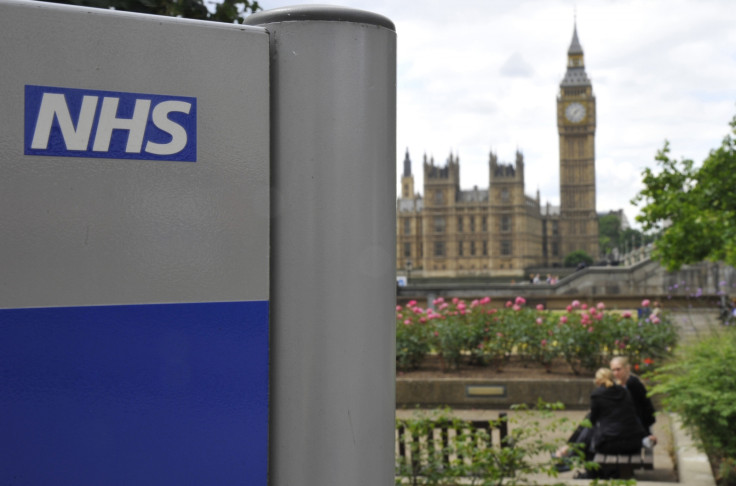Children as young as three referred to NHS over transgender issues

Children as young as three are being referred to the NHS for help in dealing with their transgender feelings.
New estimates from the Tavistock and Portman NHS Trust reveal that the number of children under 11 who have been referred to the unit has risen from 19 between 2009-2010 to 77 in 2014-2015.
There is not one straightforward explanation for the increase in referrals, but it's important to note that gender expression is diversifying, which makes it all the more important that young people have the opportunity to explore and develop their own path with the support of specialist services.
An estimated 47 out of the total, comprised children aged five or below, with two of the children aged three.
The Tavistock and Portman NHS Trust has clinics across London and Leeds and is the only centre in the UK known to specialize in gender issues for children under 18.
According to the trust, gender dysphoria, which involves confusion between one's biological sex and gender identity, is a "complex and rare condition" amongst young children that is "frequently associated with distress which may increase at puberty."
"It is probably fair to say that young people are increasingly interested in exploring gender," said a spokesman for the trust, reported The Huffington Post.
"There is not one straightforward explanation for the increase in referrals, but it's important to note that gender expression is diversifying, which makes it all the more important that young people have the opportunity to explore and develop their own path with the support of specialist services."
The complexity of the situation is studied in a new documentary exploring children suffering with gender dysphoria.
In an interview with BBC's Victoria Derbyshire programme, Lily, 6, who was born as a boy said: "If I had to live as a boy I would be really upset. But now I'm sort of living as a girl I feel much better."
Jessica, 8, who was also born as a boy said: "I really didn't want to be a boy. It was really frustrating for me. It feels like I'm in the wrong body."
According to the charity Mermaids, that supports parents of children suffering with gender dysphoria, an estimated 60 families have contacted the organization over the last three months.
"More parents are seeking help now than trying to make it go away or ignore it. There is greater awareness now and more information in the media and more sensitive reporting in the press," said Mermaids chairwoman Susie Green.
"We help children who are seriously distressed. We don't know what it's going to be like for them in two years but it's important to help them in the here and now."
© Copyright IBTimes 2025. All rights reserved.






















